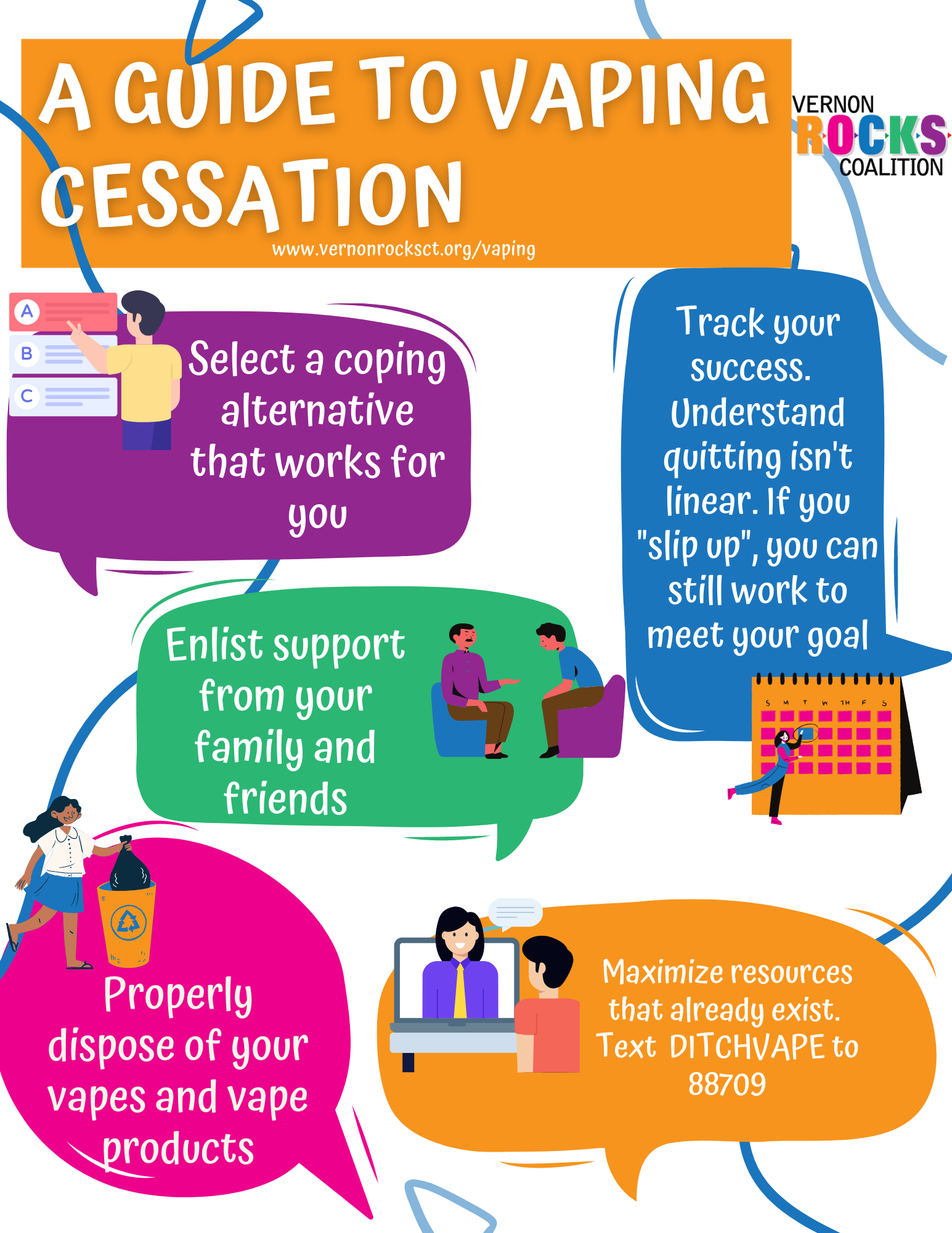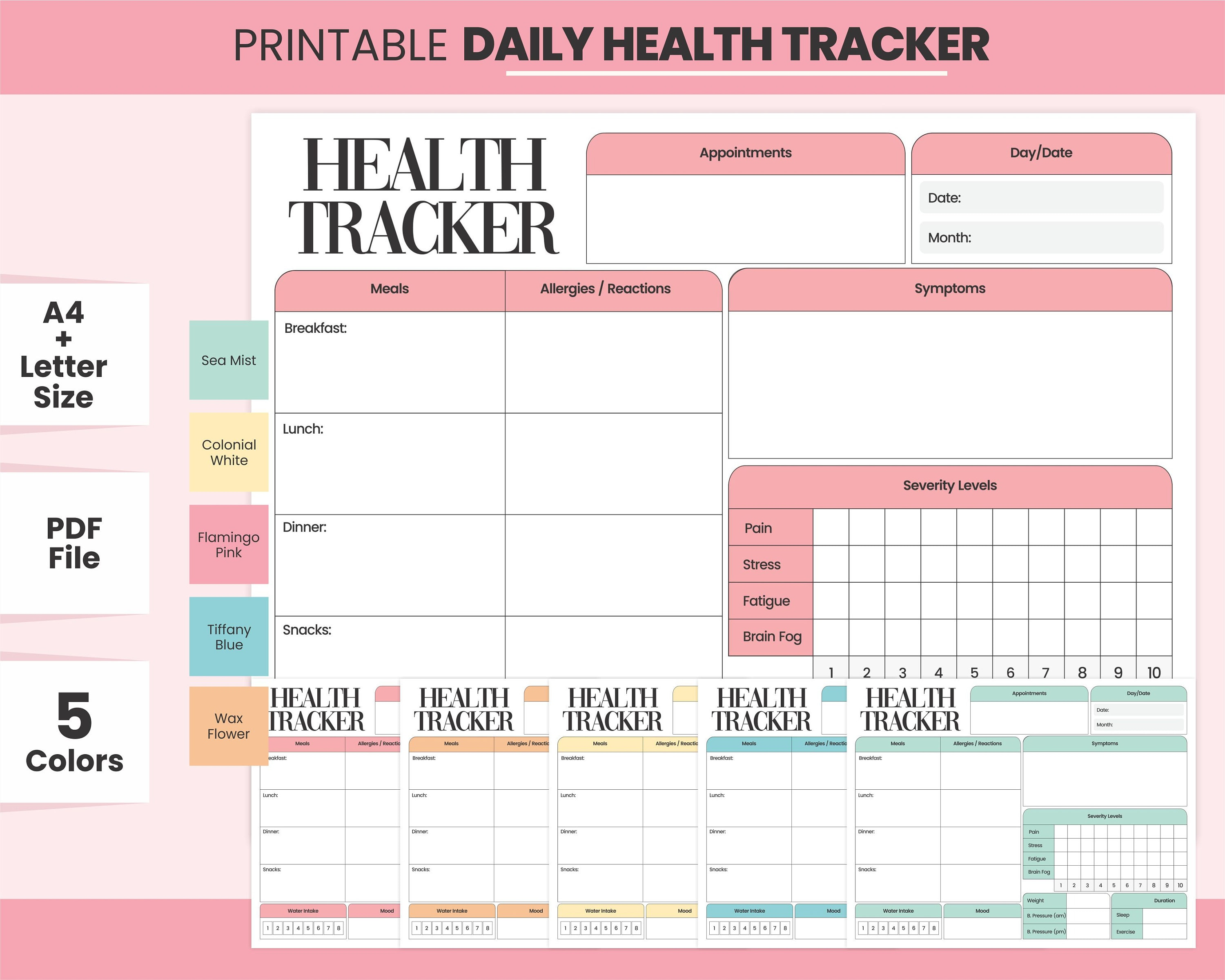
Self-Deprecating Humor: A Guide to Taking Yourself Lightly
Self-deprecating humor is a powerful tool that can lighten the mood while simultaneously fostering connections with those around us. By embracing the art of laughter at our own expense, we open the door to self-awareness and demonstrate that it’s okay to laugh at ourselves—allowing a safe space for vulnerability. The benefits of self-deprecating humor extend beyond merely eliciting laughter; it also contributes to better mental health by reducing stress and anxiety. Learning how to take yourself less seriously can create a deeper sense of community, highlighting shared struggles and promoting relatability among individuals. As we navigate life’s challenges, using humor for mental health becomes a vital strategy, reminding us that we don’t have to carry the weight of our imperfections alone.
Self-deprecating humor, often described as making light of our own flaws or missteps, serves as a bridge connecting us with others through shared laughter. This type of humor not only cultivates charm and likability but also signifies an individual’s confidence and self-acceptance. Engaging in this form of playful mockery provides a refreshing perspective, encouraging people to embrace their imperfections, which can lead to greater self-awareness through humor. By understanding how to laugh at oneself, we can lessen the burden of seriousness that life often imposes, thus facilitating better social interactions. Moreover, humor and connection flourish in environments where individuals feel free to express their vulnerabilities without fear of judgment.
Understanding Self-Deprecating Humor
Self-deprecating humor often gets a bad rap, but when used appropriately, it can be a powerful tool for self-awareness and connection. By being willing to laugh at ourselves, we show a degree of humility and openness that can be refreshing in a world that often encourages perfectionism. Rather than wallowing in negativity, adopting a light-hearted perspective on our flaws allows us to acknowledge our humanity while fostering deeper relationships with others. This type of humor promotes mental health by reducing stress and anxiety, as laughter is known to release endorphins that encourage a happier mental state.
Moreover, self-deprecating humor serves as a reminder that we all experience failures and imperfections. This is particularly important in our highly curated social media age, where everyone seems to be thriving. By poking fun at ourselves, we create a space where vulnerability is welcomed, encouraging others to join in the laughter rather than feeling isolated by their own challenges. This shared experience of humor can enhance connections among friends, family, and even strangers, fostering a sense of community as we collectively recognize our imperfections.
The Mental Health Benefits of Humor
Utilizing humor for mental health purposes can lead to profound benefits. Research shows that laughter induces physiological changes in our bodies: it lowers stress hormone levels, boosts immune response, and even increases pain tolerance. When we engage in humor, particularly self-deprecating jokes that reveal our vulnerabilities, we not only lighten our burdens but also invite empathy and understanding from others. This can be especially valuable in therapeutic settings, where humor fosters a positive environment and encourages open communication addressing underlying issues.
Furthermore, humor facilitates emotional regulation, allowing individuals to process difficult emotions without becoming overwhelmed. By laughing at life’s absurdities, we gain a much-needed perspective, helping us to navigate through anxiety and depression. This practice can lead to improved resilience, as we learn to confront life’s challenges with a sense of humor rather than despair. Ultimately, the use of humor acts as a bridge, connecting us to others and fortifying our mental health—one laugh at a time.
Taking Yourself Less Seriously: A Path to Connection
Learning how to take ourselves less seriously is paramount in building genuine connections with those around us. When we embrace our quirks and imperfections, we not only enrich our relationships but also foster an environment where others feel safe to be themselves. This is particularly important in scenarios where misunderstandings or disagreements arise, as humor can break down defensive barriers and allow for more meaningful dialogue. Stating something innocuous, like ‘I am an expert at multitasking—when doing five things at once, I manage to mess them all up!’ helps in establishing common ground and a shared laugh.
Moreover, adopting a humorous perspective can act as a coping mechanism during tough times. When faced with challenging situations, the ability to deflect seriousness with a humorous comment can shift the energy of the conversation, encouraging those involved to view the issue from a lighter angle. It’s essential to wield this humor mindfully, however, ensuring that it is inclusive and uplifting rather than self-deprecating to the point of eliciting discomfort. By striking the right balance, we can use humor as a tool to not only relate to others more easily but also enrich our own emotional well-being.
Self-Awareness Through Humor: A Humbling Experience
Self-awareness is an invaluable trait, but it can sometimes feel like a daunting task. Introducing humor into the equation, particularly self-deprecating humor, can soften the blow of self-reflection. By actively choosing to laugh at our mistakes or shortcomings, we allow ourselves a moment of grace and understanding. Recognizing that everyone stumbles occasionally can empower us to embrace our journeys, both the ups and the downs. This can significantly reduce the harshness of self-criticism, prompting a healthier approach to self-evaluation.
However, it is crucial to differentiate between healthy self-deprecation that promotes well-being, and extreme self-criticism that may need attention. While laughter can aid in fostering an environment of self-acceptance, the fine line exists between humor that uplifts and humor that masks deeper insecurities. Regularly checking-in with ourselves about how our humor impacts our self-image is vital. We should aim to use self-awareness through humor to cultivate connection and acceptance, rather than to reinforce negative feelings.
Creating Connections with Humor: Bridging Differences
Humor acts as a powerful bridge in human interactions, especially in times of disagreement. In potentially tense situations, a light-hearted comment can tap into mutual understanding, clearing the air and easing tension. Those moments of shared laughter allow us to transcend our differences, reminding us that we are part of the same human experience. Whether it’s through telling a self-deprecating joke about your own missteps in a heated discussion, or sharing a funny story that resonates with everyone, humor nurtures a feeling of connection and relatability.
In collective cultures, humor can take on different forms, highlighting shared experiences rather than individual flaws. However, even in individualistic cultures where self-deprecating humor is more prevalent, recognizing the benefit of shared laughter can strengthen our bonds with others. By engaging in humor that simultaneously relates and reassures, we can enrich dialogues, making our interactions more approachable. Ultimately, it highlights our interconnectedness, making the world feel a little less lonely on our journeys.
Finding Balance: Humor as a Tool for Wellness
The quest for balance in life can often feel overwhelming, yet humor can serve as a vital tool in achieving this equilibrium. Life’s complexities demand that we don our serious hats frequently, but periodically allowing ourselves to engage in humor can lighten this load. By employing self-deprecating humor to lessen the intensity of our emotions, we free ourselves from the stringent confines of seriousness. This practice delivers a dual benefit: it promotes mental health while simultaneously encouraging a positive atmosphere for those around us.
Moreover, humor provides a convenient pause button during high-stress scenarios. Instead of allowing negative feelings to spiral out of control, a simple, funny remark can redirect conversations and lift spirits. It transforms unease into a shared moment of laughter, reminding us that it’s okay to not take life too seriously. Thus, incorporating humor into our daily lives not only nurtures our own emotional health but also creates an inviting environment for others to thrive, making humor an invaluable aspect of a balanced lifestyle.
The Importance of Self-Confidence in Humor
At the core of effective self-deprecating humor lies a deep sense of self-confidence. This characteristic allows individuals to navigate their imperfections with grace, conveying a message that it’s acceptable to be flawed. Those who can comfortably laugh at themselves often project likability and relatability, creating a positive atmosphere. This self-assuredness is crucial, as humor can reveal vulnerabilities that might ordinarily feel uncomfortable to discuss. Instead of fearing judgment, individuals who utilize humor embrace their insecurities, building an authentic connection with those around them.
However, it is essential to recognize that the key to using humor effectively lies in self-acceptance rather than self-criticism. Self-deprecating remarks should uplift and clarify rather than demean. If done improperly, humor intended to ease stress can instead project insecurity or invite pity. Thus, cultivating self-confidence in humor involves practicing self-awareness and ensuring that comedic expressions come from a place of genuine comfort in one’s skin. Mastering this art can ultimately enhance connections with others while enriching one’s sense of self.
Avoiding the Pitfalls of Self-Criticism in Humor
While self-deprecating humor can be beneficial, there are pitfalls that individuals must navigate. One of the key concerns is the fine line between humor and self-criticism; excessive self-deprecation can erode self-esteem and support a negative self-image. It’s essential to ensure that humor enhances rather than diminishes our self-worth. When we joke about our flaws, we must be mindful of the emotional framework our humor is built upon—specifically, whether it arises from acceptance or harsh self-judgment.
Additionally, humorous expressions should be considerate of our audience. A self-deprecating remark might draw laughter from one group while leaving another feeling uncomfortable or confused. It’s beneficial to tune into how our humor affects those around us and modify our approach if necessary. Striking the right balance involves using humorous comments to bridge connections while ensuring they remain uplifting rather than detrimental. By fostering a responsible approach to self-deprecating humor, we ensure it serves as a tool for building community rather than sowing division.
Frequently Asked Questions
What are the benefits of self-deprecating humor for mental health?
Self-deprecating humor can enhance mental health by promoting self-acceptance and reducing anxiety. It allows individuals to acknowledge their flaws in a light-hearted manner, which can create a sense of connection with others. This type of humor acts as a buffer against negative emotions, fostering resilience and easing feelings of isolation.
How can using humor for mental health improve social connections?
Using humor, especially self-deprecating humor, can significantly improve social connections by signaling vulnerability and approachability. When you joke about your imperfections, it encourages relatability and can help others feel comfortable sharing their own experiences, creating bonds that support mental well-being.
How do I learn to take myself less seriously?
To learn to take yourself less seriously, practice viewing situations through a humorous lens. Embrace your flaws and laugh at your mistakes. Start sharing light-hearted anecdotes about yourself, as this not only relieves stress but also opens up spaces for deeper conversations and connections with others.
What role does self-awareness play in self-deprecating humor?
Self-awareness is crucial for effectively using self-deprecating humor because it allows individuals to recognize their strengths and weaknesses without harsh self-criticism. This balanced self-perception facilitates a healthy expression of humor that fosters connection, shows humility, and can mitigate feelings of insecurity.
Can self-deprecating humor help in dealing with stress?
Yes, self-deprecating humor can be an effective coping mechanism for stress. By using humor to reflect on stressful situations, you can lighten the mood, provide a more objective perspective, and enhance your emotional regulation, ultimately promoting a healthier and more resilient mindset.
Is there a line between healthy self-deprecating humor and negativity?
Absolutely. Healthy self-deprecating humor offers a light-hearted perspective on flaws, while negativity tends to involve harsh self-criticism. It’s important to ensure that humor is uplifting and does not stem from low self-esteem or a desire for sympathy, as that can detract from genuine social connections.
How can self-deprecating humor foster empathy among friends?
Self-deprecating humor fosters empathy among friends by creating an environment where everyone feels comfortable sharing their insecurities. When one person laughs at their flaws, it invites others to do the same, reinforcing the idea that imperfection is part of being human and enhancing mutual understanding and support.
What is the significance of humor in collective versus individualistic cultures?
In individualistic cultures, self-deprecating humor tends to be favored as it highlights personal flaws, making individuals more relatable and approachable. In contrast, collective cultures often lean towards humor that pokes fun at others, reinforcing group identity and camaraderie. Understanding these cultural nuances can enhance interpersonal dynamics.
How can I tell if my self-deprecating humor is healthy?
Your self-deprecating humor is likely healthy if it makes you and others laugh without diminishing your self-worth. It should foster connections and not stem from a place of hurt or a need for attention. Reflect on your feelings after sharing a joke; if it uplifts rather than degrades, you’re on the right track.
Are there better occasions for using self-deprecating humor?
Self-deprecating humor is most effective in casual, supportive environments where vulnerability is welcomed. It’s beneficial during social gatherings, informal settings, or while overcoming shared challenges. However, be mindful of context, as it may not be appropriate in serious discussions or environments where it could be misinterpreted.
| Key Points |
|---|
| Self-deprecating humor can be beneficial for mental health by helping people cope with depression and anxiety. |
| It signals humility and self-awareness, suggesting a person is comfortable with their flaws. |
| Effective humor can diffuse tension and promote emotional regulation, leading to better clarity and perspective. |
| Self-deprecating humor can evolve into self-criticism if it becomes too extreme, shifting from humor to a cry for attention. |
| Taking oneself less seriously aids in connecting with others and creating shared experiences, particularly in individualistic cultures. |
| Using humor can help build common ground even in disagreement, serving as a social tool for bonding. |
Summary
If there’s one thing I’m really good at, it’s not taking myself seriously—so much so that sometimes I wonder if I was born with a punchline instead of a spine. Self-deprecating humor isn’t just a way to get a laugh; it’s a key to unburdening our minds from the seriousness of life. It’s like a Zen master’s approach to therapy: laugh at your own mess-ups and suddenly, the weight of the world might just feel a tad lighter. Remember, everyone has their struggles, and humor helps remind us that we’re all in this awkward dance called life together.


